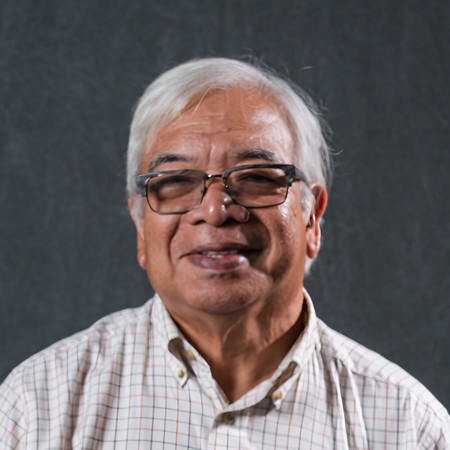2025-2026 School Year
Physics w/Lab GVL
Course Description
Concepts to be covered include: classical mechanics, waves, thermodynamics, electricity and magnetism, nuclear physics, and light and optics. The student will be expected to read the text and complete assigned problems at home. About one-third of class time will be spent on demonstrations and lab activities that reinforce the principles in the text. The remainder of class time will be spent working through sample problems and clarifying concepts learned. Lab write-ups will be finalized at home and turned in to be graded. Periodic tests will be taken at home under a parent’s supervision and turned in to the teacher for grading.
Math Content: In this course students will need to apply basic algebra, geometry and trigonometry skills to solve problems as well as interpret the implications of the effects of changing variables. Lab reports will include taking measurements, performing some simple calculations, evaluating percent error and its causes, and graphing data.
To be successful in this class:
Students must be willing to spend about 4 hours per week in addition to class time reading, viewing videos, solving problems, answering questions, and writing lab reports. Students need to be able to apply the techniques learned in their math classes to solving equations in Physics. Students must “think like a scientist”, continually applying sound reasoning to answer questions and problems. Students will need to be able to make sense of counter-intuitive principles and concepts. Successful students will be making connections between the concepts studied in class and situations they encounter in their out-of-class life.
Grades: 10th Grade, 11th Grade, 12th Grade
Fees: $425 plus $20 lab fee
Prerequisites:
Biology, Algebra 1 and Geometry (to include basic trig functions) completed. Algebra 2 completed or being taken concurrently.
View High School Science Grade Levels and Prerequisites.
Course Credit: 1 CP Lab Science Credit. Course can also be taken for honors credit. View Honors Physics Course Description for details on honors requirements.
Required Materials
Textbook:
- Physics – 4th Edition, by R. Terrance Egolf and Rachel Santopietro*
Other Materials:
- Calculator with trig functions (sin, cos, tan); must be brought to class every day.
*New textbook for CP and Honors Physics classes starting 2025

Meet Ariel Jacala
Education: Master of Mechanical Engineering, 1981 Cooper Union for the Advancement of Science and Art, School of Engineering; Bachelor of Mechanical Engineering, 1980 Cooper Union for the Advancement of Science and Art, School of Engineering. Emeritus Licensed Professional Engineer in South Carolina
Experience: Retired from GE after a 34-year career, having had roles as Module Integration Leader, Principal Engineer, Technical Leader and Design Engineer. Mr. Jacala also has been holder and co-holder of over 28 patents by the United States Patent and Trademark Office as well as foreign countries such as Japan and Germany. Mr. Jacala also holds a Part 107 license from the FAA, and radio amateur licenses from the US FCC call sign (NY4G) and from Canada, VY2AJ
UHC courses taught:
- Physics w/lab
- Drone Aviation
Began teaching at UHC in 2022
